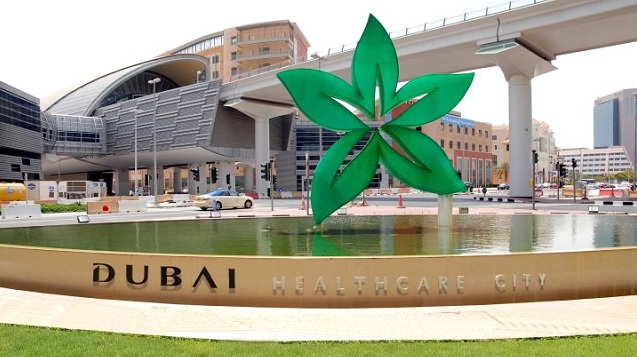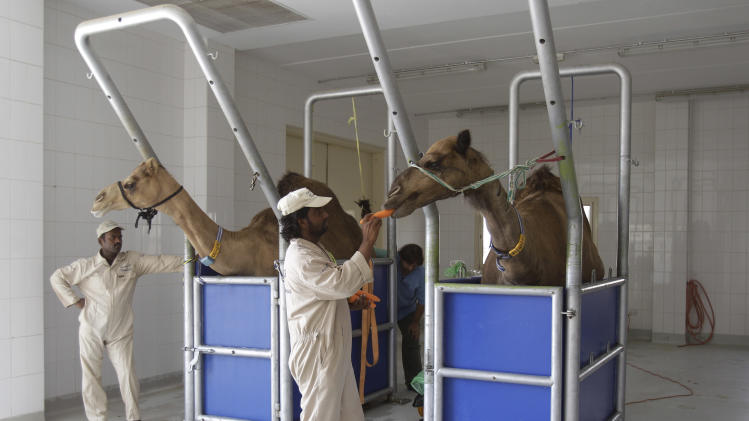UAE-headquartered hospitality company, TIME Hotels Management, has announced the latest in a series of property management contract deals with the signing of a new five-star hotel located just a few minutes from the city’s medical services hub – Dubai Healthcare City.
Part of the group’s ambitious regional development programme, the latest announcement comes hot on the heels of news of its first Egypt resort property in the popular Red Sea tourist destination of Sahl Hasheesh, close to Hurghada.
The 277-room TIME Royal Hotel will occupy a prime position off the Sheikh Rashid Road with easy access to popular luxury retail hub, Wafi Mall, and a 10-minute drive from Dubai International Airport.
Under development by Awtad Investment Company the AED200 million hotel is set to open in 2016 and will offer guests a choice of two restaurants, a coffee shop, fully-equipped gymnasium, swimming pool, spa and 684-square metres of state-of-the-art meeting space.
“The new Wafi location will complement our existing properties which are located at opposite ends of the city in Barsha/TECOM and Al Qusais, and will also add much-needed room stock to the Oud Metha area which is home to Dubai Healthcare City,” said Mohamed Awadalla, CEO, TIME Hotels.
“Dubai plans to position the emirate as a global medical tourism destination by 2020 with the Dubai Health Authority (DHA) targeting 500,000 medical tourists with expected revenues of AED2.6 billion. To support this ambitious strategy it is imperative that Oud Metha’s hospitality capacity is enhanced as the area is currently underserviced in terms of hotel rooms,” he added.
The DHA is targeting a broad spectrum of treatment-seeking visitors including nationals from the GCC countries and South Asian medical tourists, which, according to Awadalla, is a fit with TIME Hotels’ own sales and marketing strategy.
“We will also add more value to the market with two rooms per floor at our new Wafi property specifically designed to be handicap-accessible; which is a first for the city and a unique selling point for the promotion of Dubai as a leading destination for medical tourism,” he said.
The hotel will also be wheelchair friendly with ramps sited throughout its major public areas and with adapted elevator access.
TIME Royal Hotel’s convenient location along one of the city’s main thoroughfares also makes it a good option for guests needing to be within a short drive of the embassies district, Dubai’s financial hub and major leisure attractions such as Dubai Mall, Burj Khalifa and the historic Dubai Creek.
“The addition of Wafi will boost our collection of UAE hotels and hotel apartments to eight properties, and with a pipeline of five further properties in Abu Dhabi, Doha and Egypt, we are on target to reach our goal of 13 properties by 2016,” remarked Awadalla.
Source: etn





